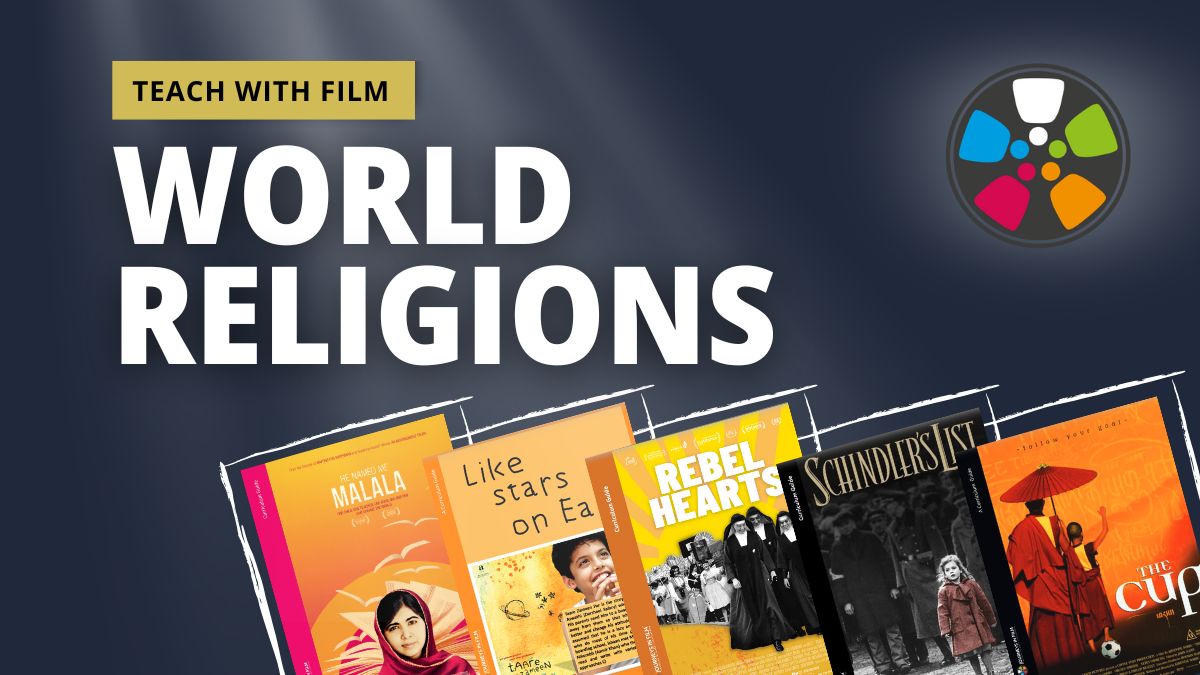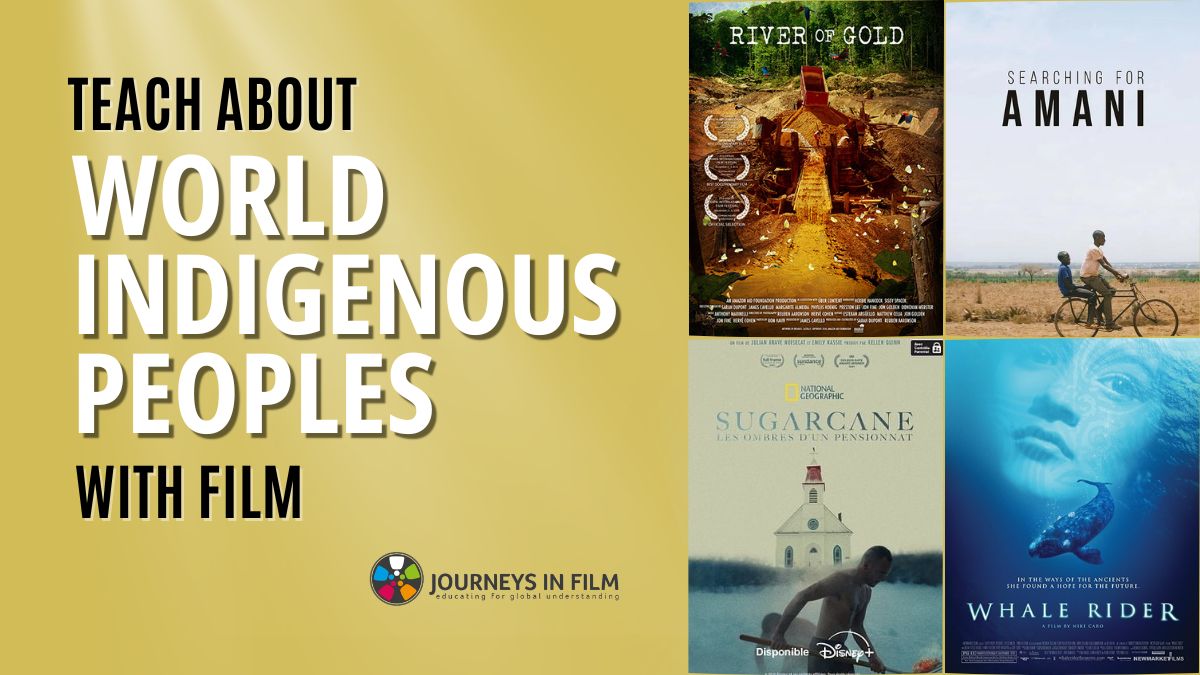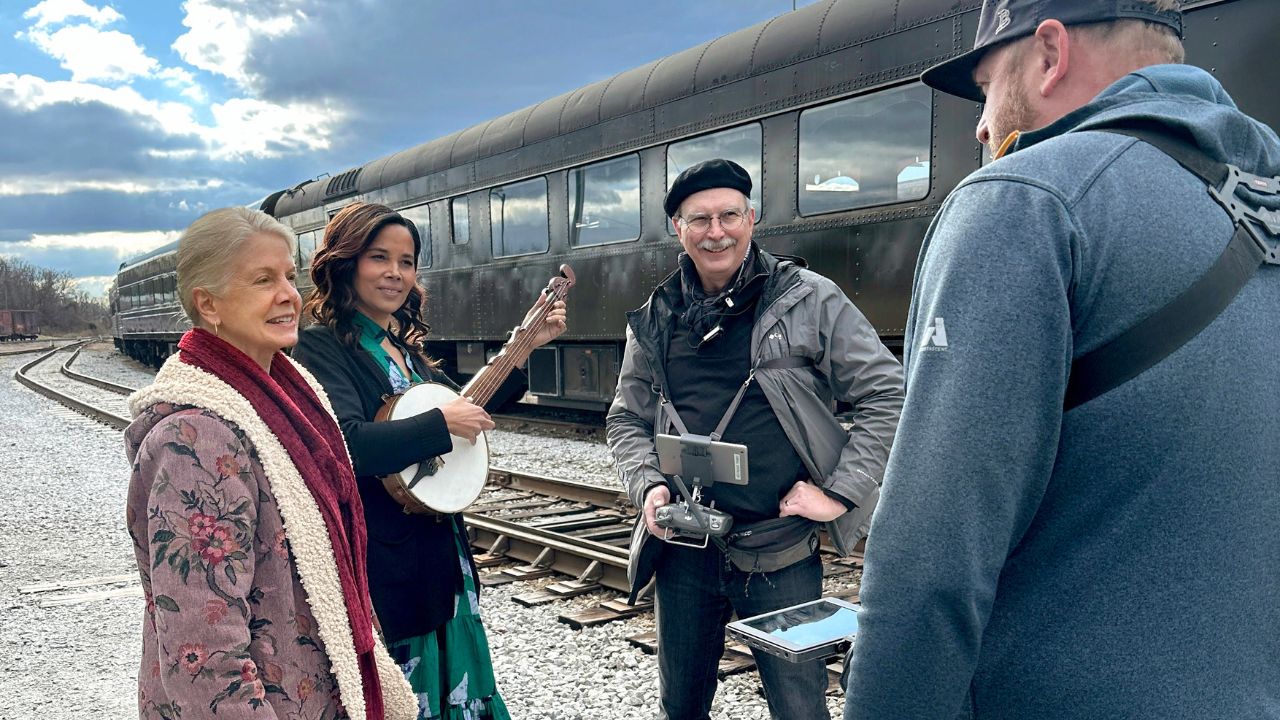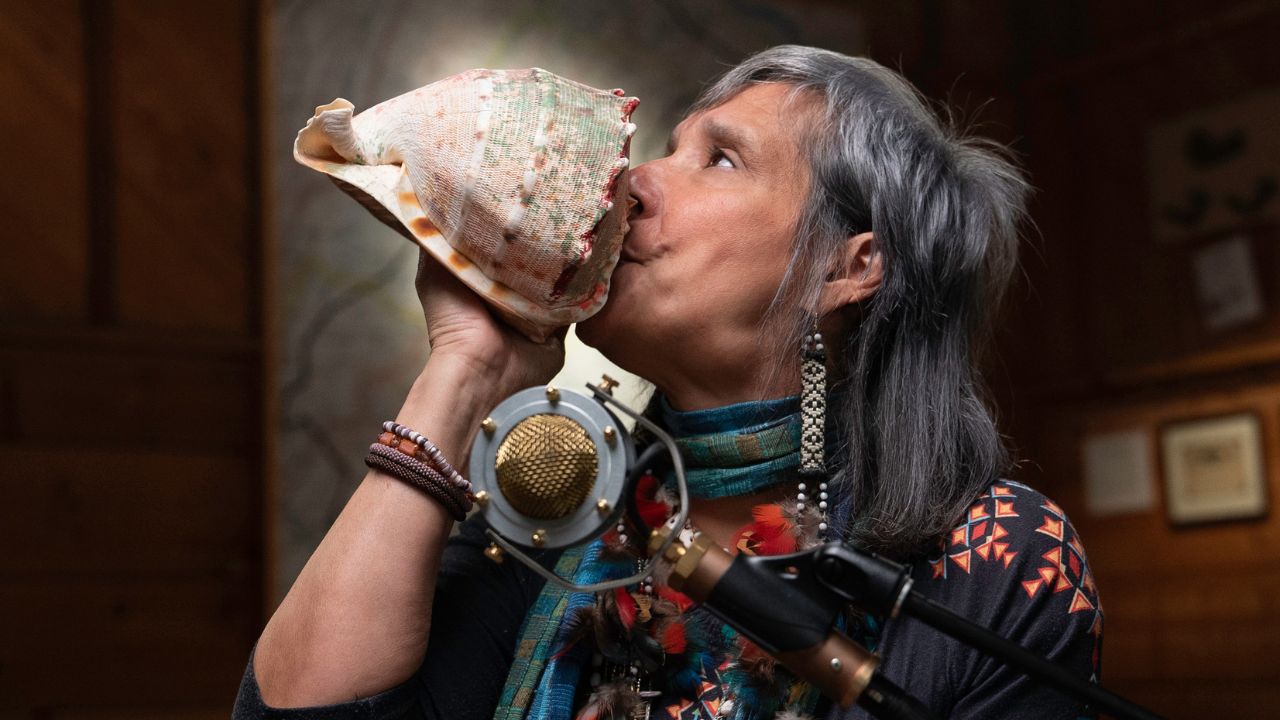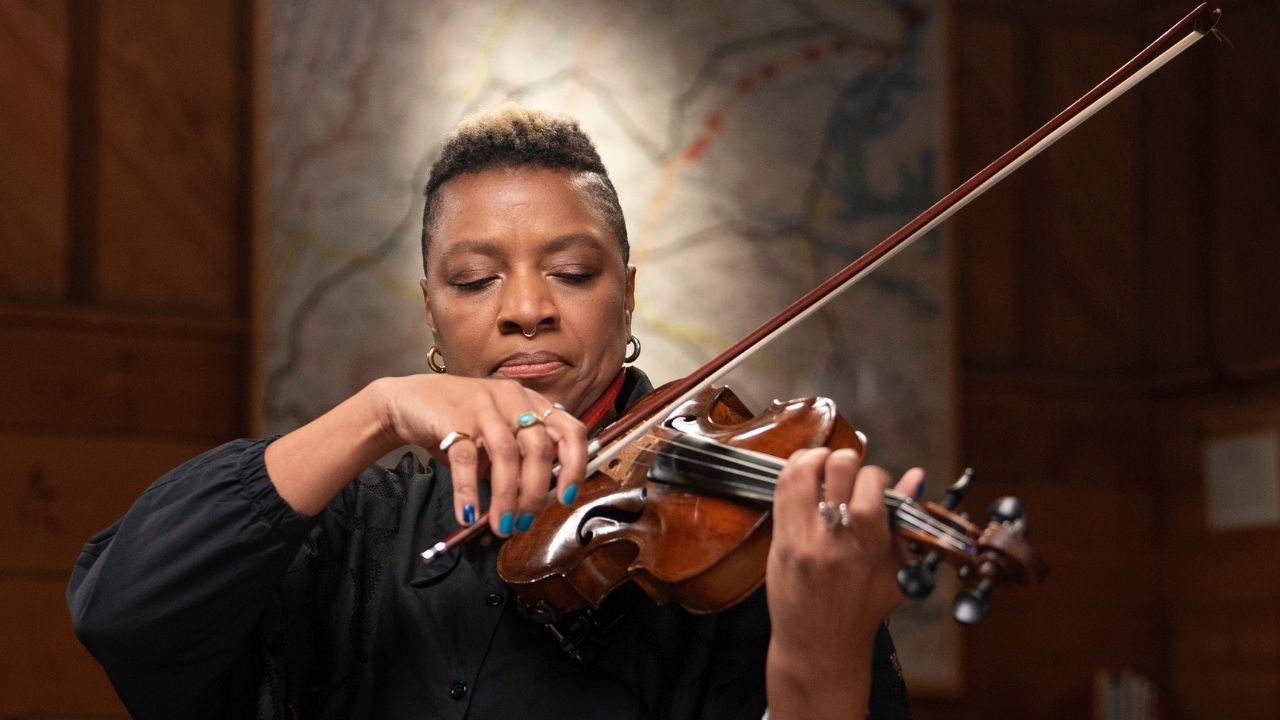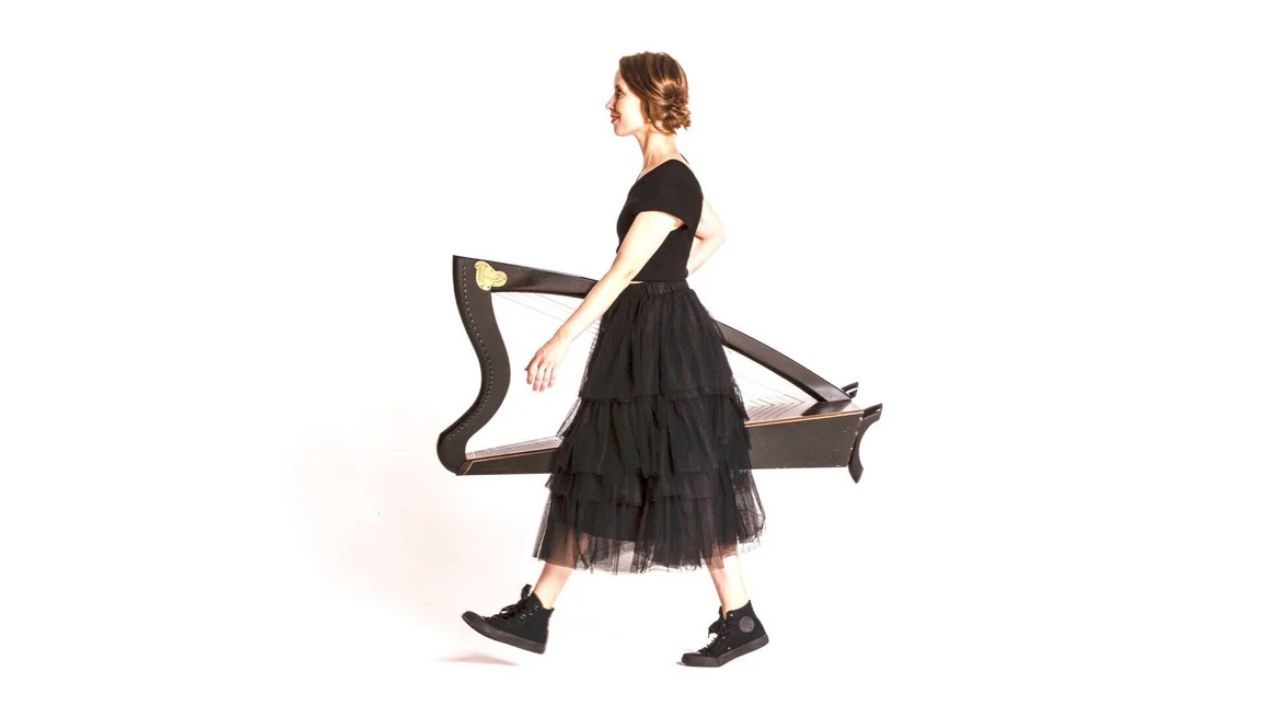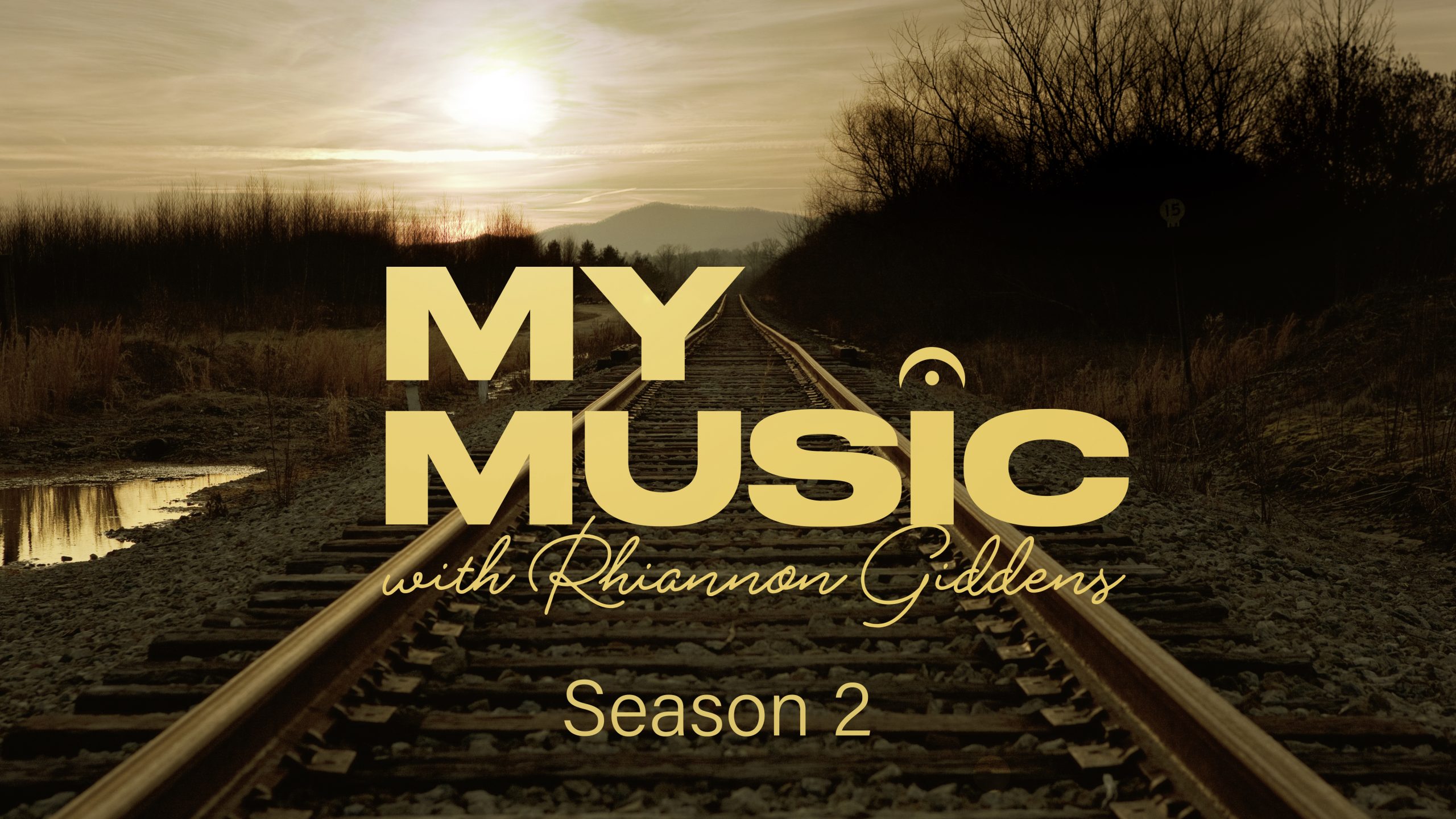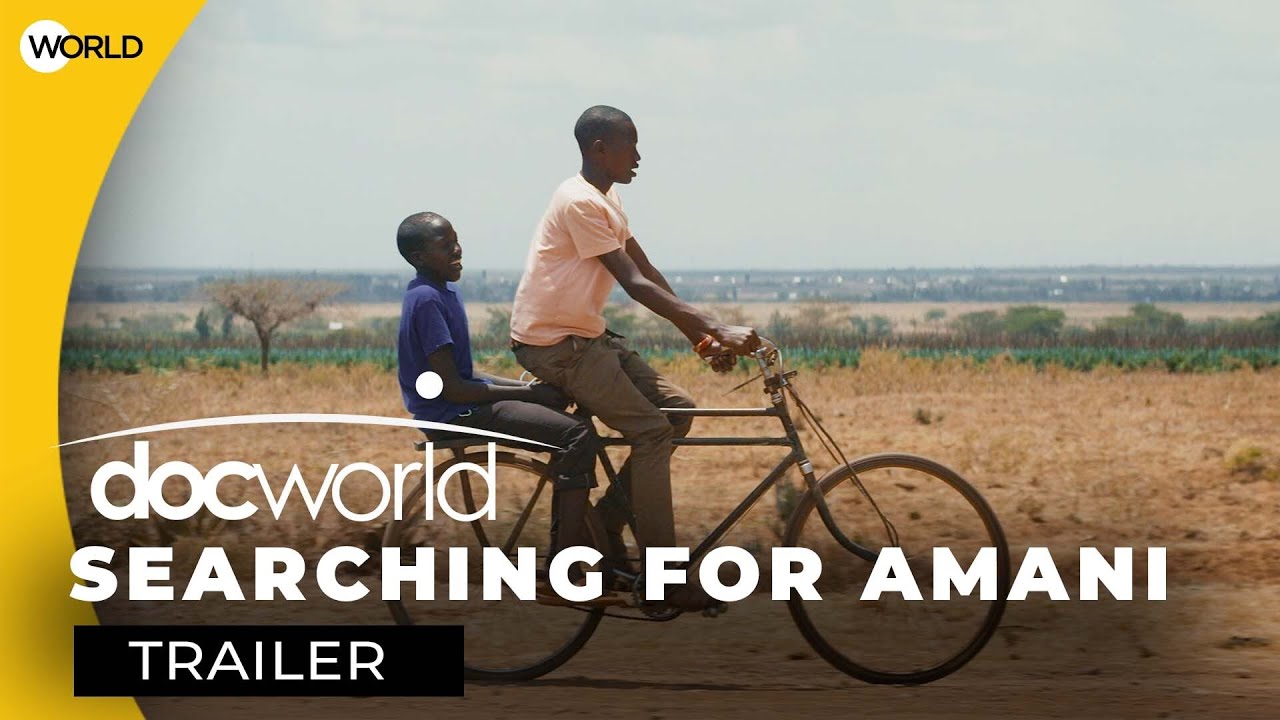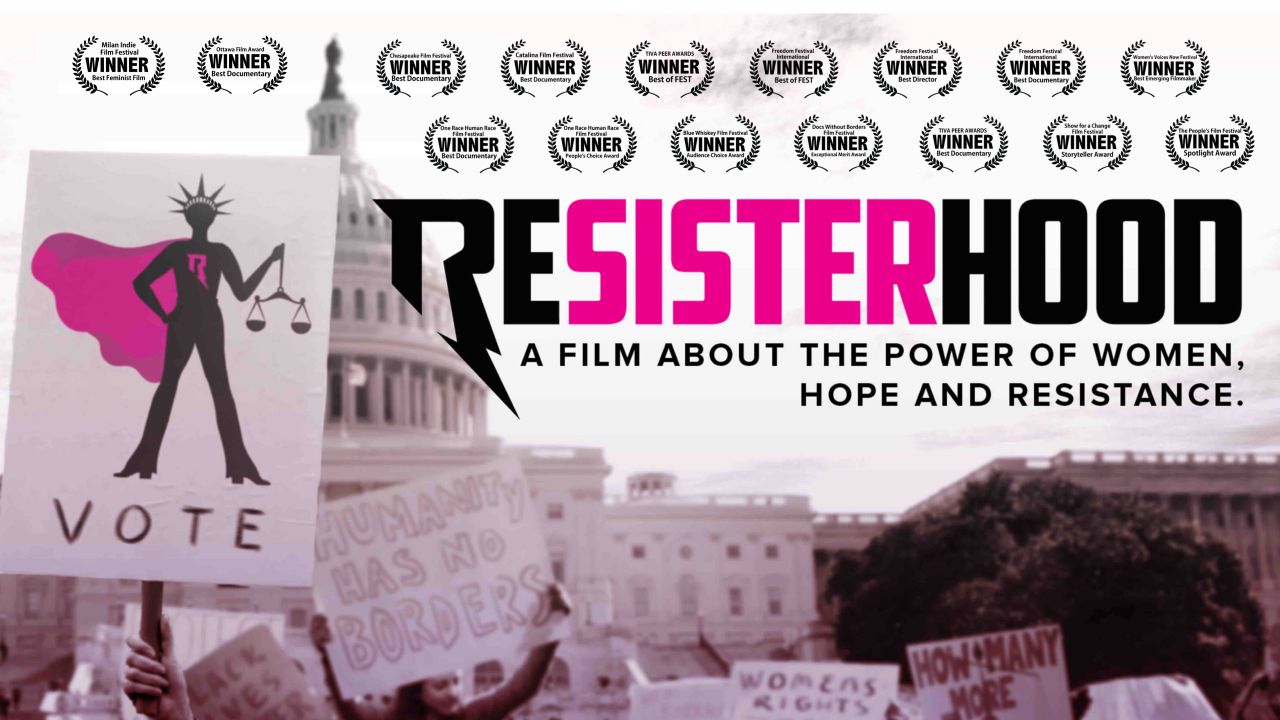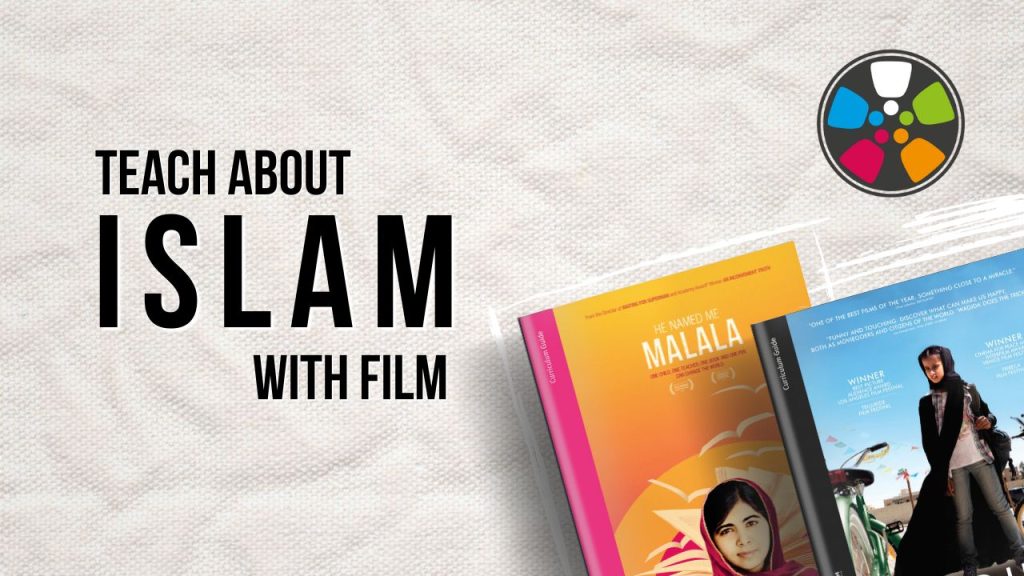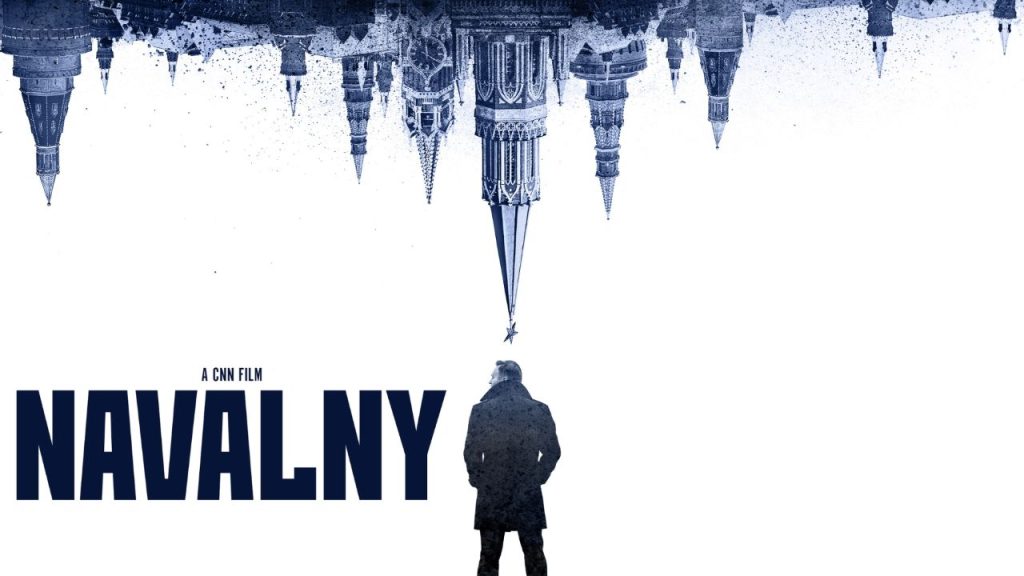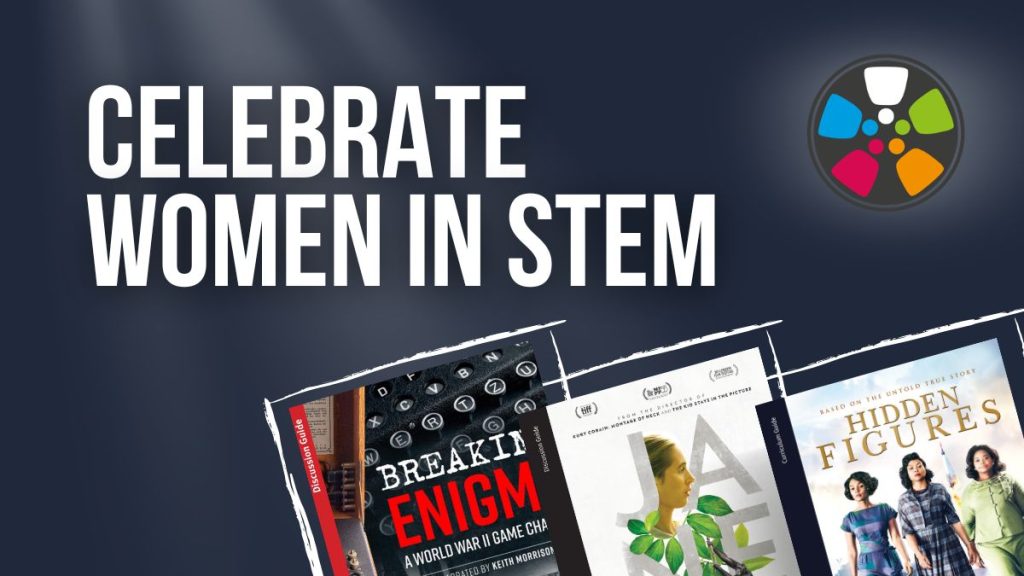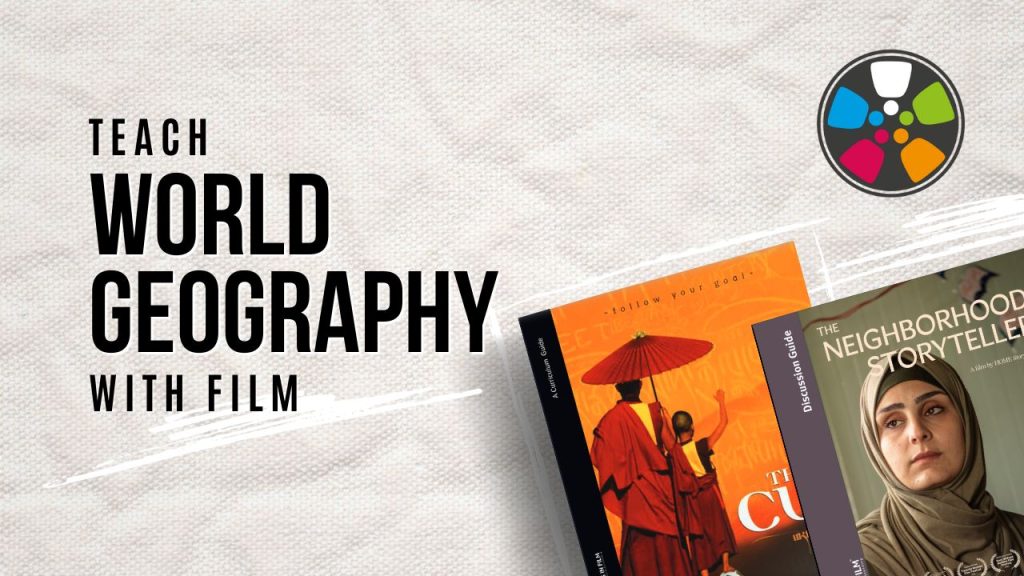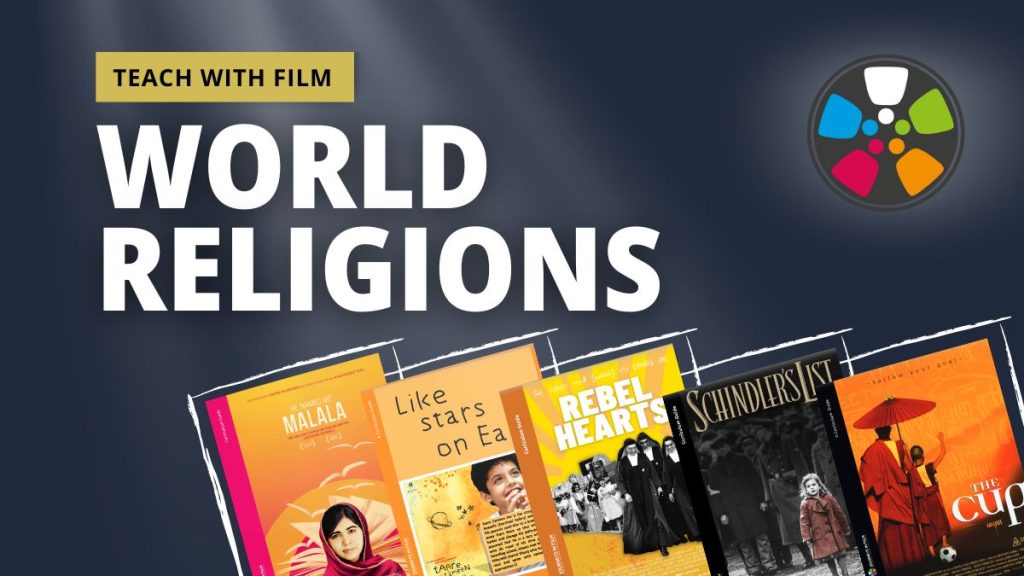Equity and Inclusion
Teach about World Religions with Film
Teach about world religions with film to bring religious literacy to life in your classroom! We’re pleased to offer teaching resources for award-winning films from all over the world to help you teach global education and cross-cultural understanding, while deepening knowledge about religions of the world. Follow the links below to get more information about […]
Read More ›Teach about World Indigenous Peoples with Film
Teach about World Indigenous Peoples with film plus our free educational resources! Combine classroom-ready lesson plans and discussion guides to make learning about world Indigenous Peoples part of your curriculum on special dates like Indigenous People’s Day (October 10) and all year round. We are pleased to offer free teaching resources for these critically-acclaimed films. […]
Read More ›Teach American Transcontinental Railroad History for Middle School
Teach American Transcontinental Railroad History for Middle School with classroom-ready lessons. Season 2 of My Music with Rhiannon Giddens features Pulitzer Prize and Grammy winner Rhiannon Giddens hosting a series of musical performance and conversation with multicultural musicians in the Silkroad Ensemble’s American Railroad project. The project presents a musical exploration of the cultures that were first connected […]
Read More ›Teach with My Music with Rhiannon Giddens and Pura Fé
Teach with My Music with Rhiannon Giddens and Pura Fé to introduce students to Native American musician Pura Fé, her musical experiences, Indigenous/Native American History, and American Transcontinental Railroad History. This episode also connects to Music Lessons and History through Music. My Music with Rhiannon Giddens Season Two Episode Six features Native American vocalist and […]
Read More ›Teach with My Music with Rhiannon Giddens and Mazz Swift
Teach with My Music with Rhiannon Giddens and Mazz Swift to introduce students to Black American non-binary musician Mazz Swift (they/them), their musical experiences, Black History, and American Transcontinental Railroad History. This episode also connects to Neurodiversity Representation, Non-Binary (/LGBTQIA+) Representation, Music Lessons and History through Music. In My Music with Rhiannon Giddens Season Two […]
Read More ›Teach with My Music with Rhiannon Giddens and Maeve Gilchrist
Teach with My Music with Rhiannon Giddens and Maeve Gilchrist to introduce students to Celtic harpist Maeve Gilchrist, her instrument the harp, Irish / Celtic music, American Transcontinental Railroad History and the experience of Irish-American Immigrants. In My Music with Rhiannon Giddens Season Two Episode Two, host Rhiannon Giddens shares a musical visit with Celtic harpist […]
Read More ›Teach with My Music with Rhiannon Giddens and Wu Man
Teach with My Music with Rhiannon Giddens with Wu Man to introduce students to Chinese musician Wu Man, her instrument the pipa, Chinese music, American Transcontinental Railroad History and the experience of Chinese Immigrants. In My Music with Rhiannon Giddens Season Two Episode One, host Rhiannon Giddens performs and talks with pipa master Wu Man, […]
Read More ›My Music with Rhiannon Giddens Teaching Resources: New at Journeys in Film!
We’re pleased to introduce our collection of My Music with Rhainnon Giddens Teaching Resources, new at Journeys in Film! Season 2 of My Music with Rhiannon Giddens features Pulitzer Prize and Grammy winner Rhiannon Giddens hosting a series of musical performance and conversation with multicultural musicians in the Silkroad Ensemble’s American Railroad project. The project presents a musical exploration […]
Read More ›Searching for Amani Teaching Resources: New at Journeys in Film!
We’re pleased to introduce our collection of Searching for Amani Teaching Resources, new at Journeys in Film! Searching for Amani follows a thirteen-year-old aspiring journalist’s investigation of his father’s tragic murder within the boundaries of one of Kenya’s largest wildlife conservancies. Why Use Searching for Amani Teaching Resources In Your Classroom Searching for Amani introduces […]
Read More ›Resisterhood Learning Guide: New at Journeys in Film!
We’re pleased to introduce the Resisterhood Learning Guide, new at Journeys in Film! Resisterhood is a testament to the strength of ordinary Americans in our extraordinary times. The award-winning documentary follows six diverse Americans as they fight for social justice on the streets and in the halls of power. Over the course of two years, […]
Read More ›
